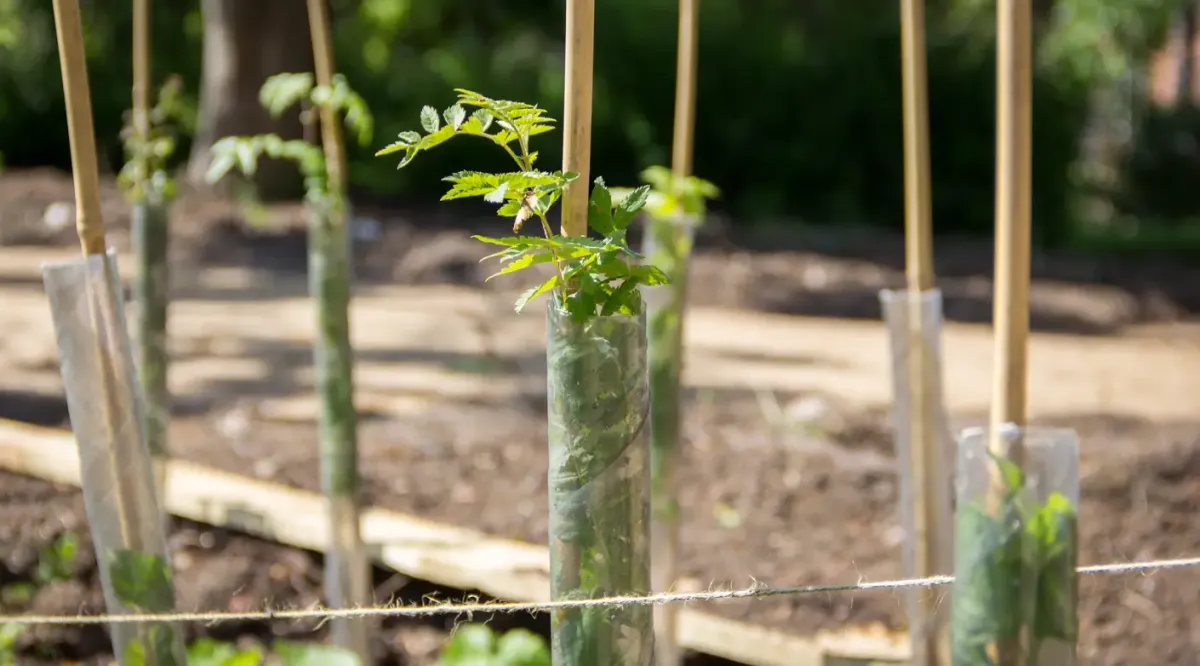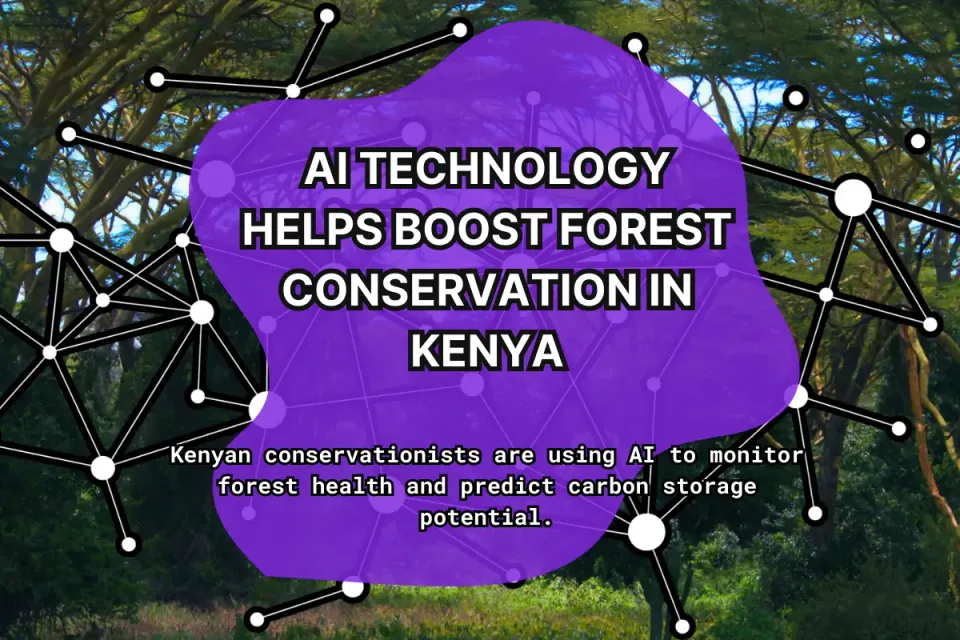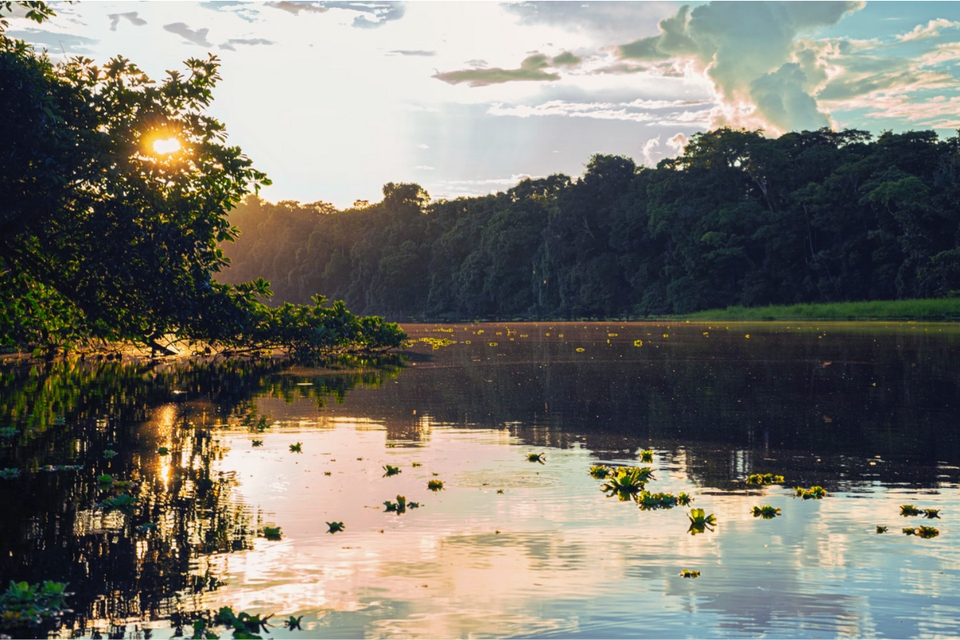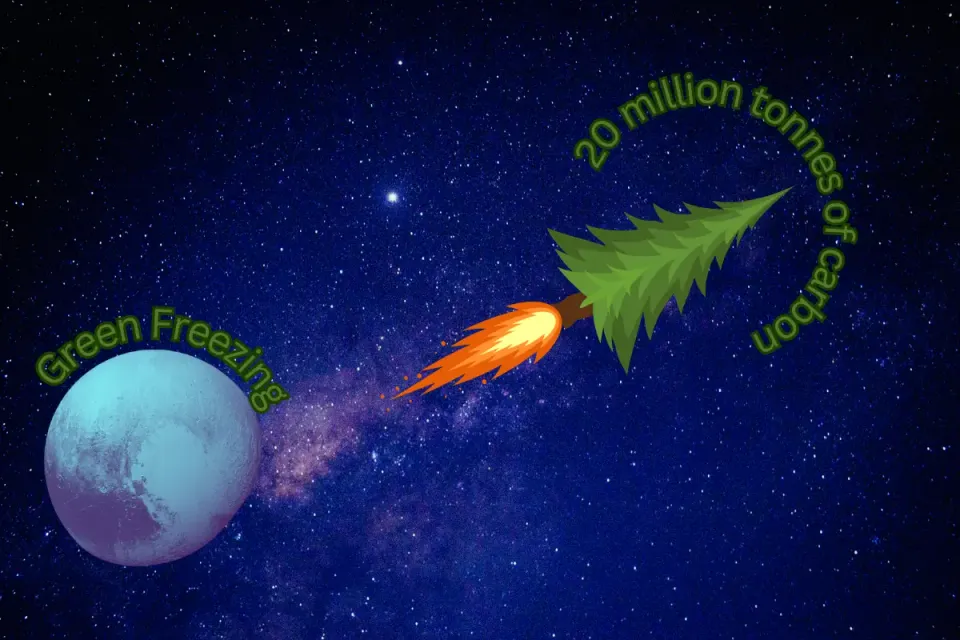Suma and Forus Tree Team Up for Calder Valley Planting🌳
Forus Tree’s fencing-first model offers a potential plastic-free alternative, but whether it can scale remains to be seen.

Suma and Forus Tree: Building Biodiversity in West Yorkshire 🌲🌱
High above Mytholmroyd, something magical is happening: Suma Wholefoods and Forus Tree, two powerhouse co-ops, are planting native trees to fight climate change, prevent floods, and boost biodiversity, report the Yorkshire Evening Post.
This isn’t just another tree-planting initiative; it’s a grassroots effort rooted (literally) in sustainability, led by organizations that practice what they preach.
The Dynamic Duo of Co-ops 🌱
Suma Wholefoods: Founded in 1977, Suma is Europe’s largest worker co-op and a pioneer in ethical business practices. They’ve built their name on sustainability and equality, offering over 7,000 responsibly sourced vegan and vegetarian products.
Forus Tree: Also a co-op, Forus Tree has over 20 years of experience in reforestation. Their not-for-profit model is all about promoting biodiversity, climate resilience, and community engagement. They don’t just plant trees; they plant ideas, sharing knowledge to encourage others to adopt sustainable practices.
Breaking Tradition: No Plastic, Please 🚫
Forus Tree has gone against the grain of UK tree-planting norms by ditching the ubiquitous plastic tree guards. These guards, which are commonly - used tree planting tools to protect young saplings from deer and other animals, are still the default choice for most UK planting projects. Instead, Forus Tree uses fencing to shield their trees.
According to Forus Tree, this method has enabled them to plant more than 43,000 trees since 2020—all without plastic. While it’s an intriguing model, it’s worth noting this is self-reported, and the approach hasn’t yet been widely adopted across the industry.
The Science of Sustainability 🌍
A growing body of research supports rethinking plastic in tree planting. A study in Science of the Total Environment found that using plastic guards doubles the carbon footprint of planting projects and often leads to microplastic pollution in the soil and water—key considerations for those focused on planting the world and improving sustainability.
Enter the Forestry Commission, which is trialing biodegradable alternatives to plastic guards. These trials aim to evaluate whether new materials can combine durability with lower environmental impact. Results will be peer-reviewed and could guide the next wave of sustainable planting practices.
Counting the Costs 💸
Fencing isn’t cheap. A 2008 assessment by Penn State University pegged the cost at $300–$400 per acre, which is a steeper initial investment compared to $1.20–$3.75 for plastic guards. Probably, all of these costs are much higher in 2024.
However, the research also shows that for larger projects, fencing can be more cost-effective in the long run—especially in tough terrains where durability pays off.
Forus Tree says their approach has worked for them, but whether it’s the future of large-scale planting will depend on factors like project size, terrain, and funding. The bottom line? What works for one site might not work for all.
Volunteers: The Heart of It All ❤️
“Volunteering with Forus Tree is always rewarding,” Suma’s Ben Pearson told Co-op News. “It’s fulfilling to know our efforts are making a tangible difference for the environment.”
The project goes beyond trees—it’s about community, too. Local volunteers helped bring the vision to life, reminding us that reforestation is as much about people as it is about nature. When co-ops lead the charge, they’re building ecosystems of collaboration, not just forests.
Looking Ahead: Let’s Grow 🌱
The path to sustainable reforestation isn’t one-size-fits-all. Open data on tree survival rates, protection methods, and species performance—potentially tracked through tools like a seedling tracker or dashboard tree software—will be essential to refine techniques and share lessons learned.
The Forestry Commission’s trials of biodegradable guards are another step in the right direction, offering hope for alternatives that could one day replace plastic on a larger scale. Meanwhile, efforts like Suma and Forus Tree’s highlight the importance of experimenting with new approaches—and sharing the results.
While the future of plastic-free planting isn’t guaranteed, this project gives us something to root for.
Sources 📚
Finding plastic-free alternatives to protect young trees. (27 August, 2021). UCL News. Retrieved from https://www.ucl.ac.uk/news/2021/aug/finding-plastic-free-alternatives-protect-young-trees .
Hadfield, Miles. Suma and Forus Tree co-ops collaborate on reforestation project. (14 November 2024). The News Co-op. Retrieved from https://www.thenews.coop/suma-and-forus-tree-co-ops-collaborate-on-reforestation-project/ .
Ingram, Neil. Low-plastic tree planting. (11 June 2024). NHS Forest Blog. Retrieved from https://nhsforest.org/blog/low-plastic-tree-planting/ .
Jacobsen, Michael. Tree shelters: A multipurpose forest management tool. (21 January 2008). Penn State Extension. Retrieved from https://extension.psu.edu/forest-finance-7-tree-shelters-a-multipurpose-forest-management-tool .
Tree Planting Techniques. Forus Tree. Retrieved from https://www.forustree.org/?page_id=36#planting .
Willoughby, Ian. Alternatives to conventional plastic tree shelters. Forest Research. Retrieved from https://www.forestresearch.gov.uk/research/alternatives-to-conventional-plastic-treeshelters/ .
Ziegler - Jones, Sophie. Suma Wholefoods and Forus Tree unite to boost reforestation and biodiversity in West Yorkshire. (04 November 2024.). Yorkshire Evening Post. Retrieved from https://www.yorkshireeveningpost.co.uk/news/suma-wholefoods-and-forus-tree-unite-to-boost-reforestation-and-biodiversity-in-west-yorkshire-4852352 .
Edited by Chris Harris

This work is licensed under a
Creative Commons Attribution 4.0 International License.




